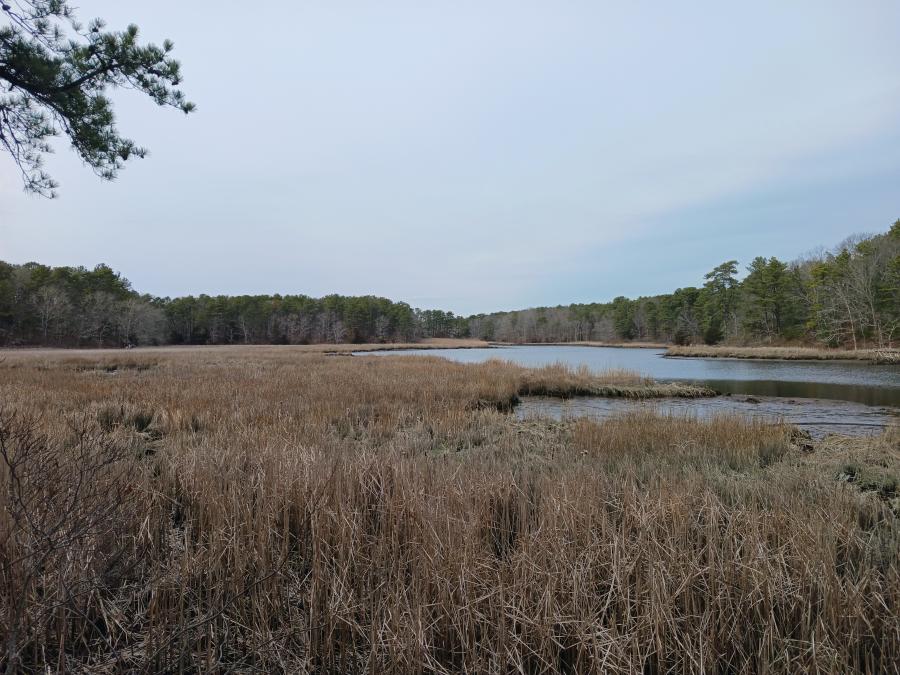
The Ihanktonwan Oyate/Yankton Sioux General Council of South Dakota passed key resolutions in April to affirm their opposition to the Keystone XL Pipeline.
According to Native News Network, an April 4th Resolution declared that consultation with tribes by the State Department in regards to the pipeline project has been flawed and has not lived up to standards established in the UN Declaration on the Rights of Indigenous Peoples.
The State Department has cited 159 consultations have taken place in their Supplemental Environmental Impact Statement, which the Ihanktonwan dismiss as “gross misrepresentations” since true consultation with the Ihanktonwan must would need to occur on their homelands and with their General Council, according to tribal custom.
The Resolution asserts that the State Department has neglected its legal obligation to engage in Nation to Nation consultation in its review of the project, and has not properly identified cultural and historic sites on their homelands to ensure their protection if the pipeline is approved. The Council has officially denounced the approach taken by the State Department thus far and demands that proper consultation be carried out.
The State is obligated to achieve the free, prior, and informed consent of any native communities that may be affected by the construction of the Keystone XL pipeline.
On January 25th, The Ihanktonwan signed an International Treaty with the Pawnee Nation and seven other Indigenous Nations in the US and Canada to protect sacred lands from tar sands development. The treaty states, "our laws define our solemn duty and responsibility to our ancestors, to ourselves and to future generations, to protect the lands and waters of our homelands, and we agree to mutually and collectively oppose tar sands projects which would impact our territories, including but not limited to the TransCanada Keystone XL pipeline.”
The State Department held a public hearing on April 18th in Nebraska regarding TransCanada’s pending permit for the pipeline. A majority of citizens came to the hearing to testify about the negative impacts that the pipeline will bring if approved. Read more about the hearing at Indigenous Environmental Network.
The State Department is expected to release its Social and Environmental Impact Statement on the Keystone XL pipeline soon based on their research, hearings, and consultations held with affected native tribes and other impacted communities.
Read more about the Keystone Pipeline and take action, visit 350.org
Read Cultural Survival's statement on the Keystone XL pipeline, here.



